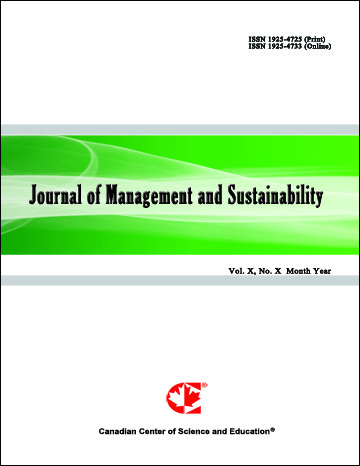The “Quantitative Discretion Index”: A New Business Ethics Tool to Prevent Opportunistic Earnings Management Practices
- Damiano Montani
- Francesco Perrini
- Daniele Gervasio
- Andrea Pulcini
Abstract
In this article, we build a Quantitative Discretion Index (hereafter referred to as QDI) to identify within the financial statements the most vulnerable areas related to possible opportunistic earnings management (hereafter referred to as EM) practices, with the aim of supporting ethical behaviour in corporate social communications. In order to better explain the QDI construction method, a practical example is implemented, starting from an analysis of the consolidated balance sheet of an Italian listed company operating in the media sector (in 2016).
The QDI might be added to the contents of voluntary information provided by companies that pay attention to ethical behaviour and corporate social responsibility.
Within each corporate balance sheet, the QDI allows stakeholders to identify the evaluation discretion areas, where any possible EM practices may be more likely and on which it may be more useful for stakeholders to focus their research attention.
Business ethics aims to mitigate EM practices in social communications, including voluntary communication. Indeed, the discretional nature of the assessment of financial statements items by the administrative body represents one of the main weaknesses in the activity of mitigating earnings management practices.
At present, the literature has dealt with the relations between ethical behaviour and EM; however, the research should also provide tools that can identify and neutralise the possibilities that opportunistic EM practices can be implemented, thus resulting in more ethical business practices.
- Full Text:
 PDF
PDF
- DOI:10.5539/jms.v10n1p96
Journal Metrics
Google-based Impact Factor (2021): 1.54
h-index (July 2022): 37
i10-index (July 2022): 147
h5-index (2017-2021): 12
h5-median (2017-2021): 19
Index
- Academic Journals Database
- ANVUR (Italian National Agency for the Evaluation of Universities and Research Institutes)
- CAB Abstracts
- CNKI Scholar
- EconBiz
- Excellence in Research for Australia (ERA)
- GETIT@YALE (Yale University Library)
- Harvard Library
- HeinOnline
- Infotrieve
- JournalTOCs
- LOCKSS
- MIAR
- PKP Open Archives Harvester
- RePEc
- Scilit
- SHERPA/RoMEO
- Stanford Libraries
- UCR Library
Contact
- Evelyn XiaoEditorial Assistant
- jms@ccsenet.org
